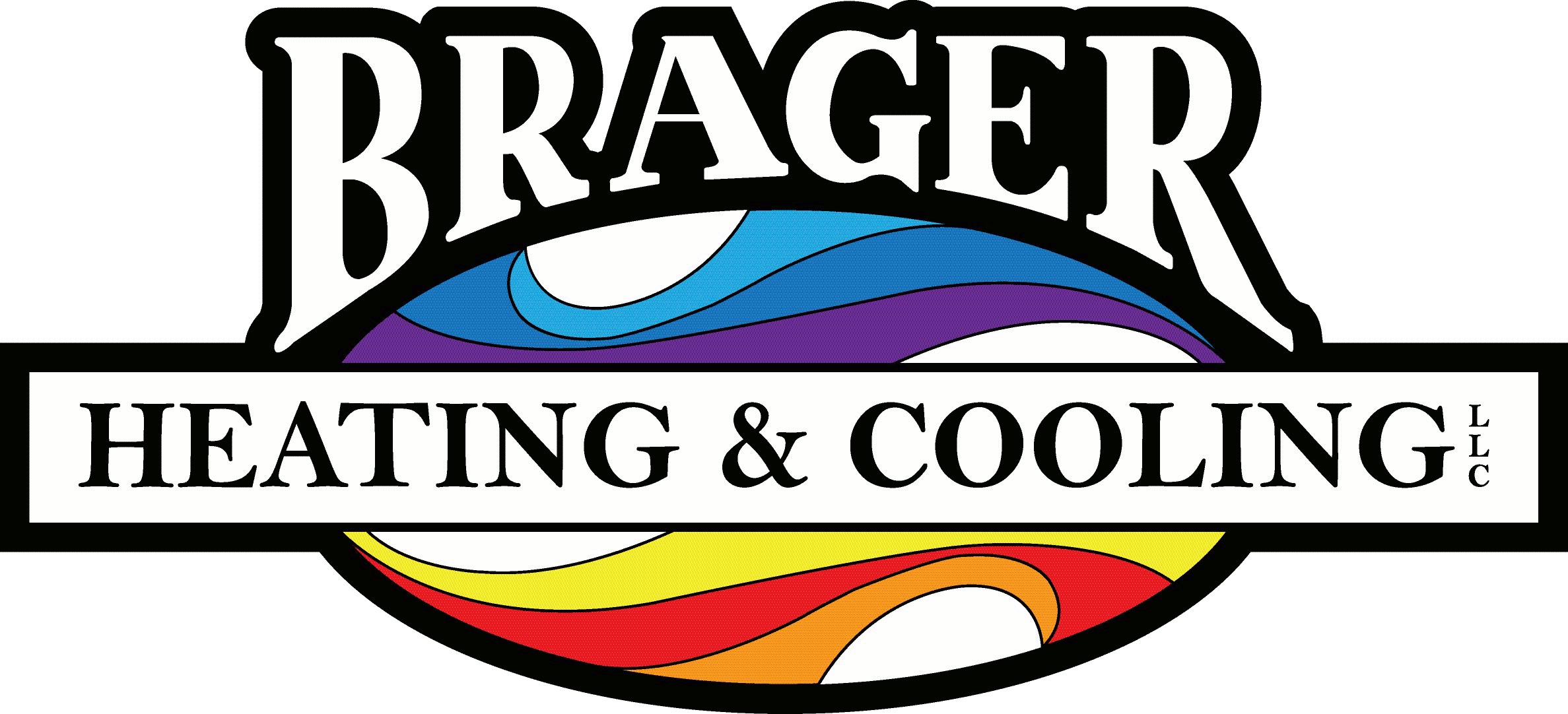
Have you ever performed a double take when you viewed your last energy bill? While high energy bills can be the end result of extreme weather events, consistently high bills can quickly suggest an inefficient HVAC system or your home is using too much energy because of other means, such as drafty windows or insufficient insulation.
One of the simplest ways to figure out whether your home is wasting energy is by getting a home service expert to perform a home energy audit, also called a home energy assessment. Keep reading to learn all about home energy audits, including what they are and their key elements.
What Is a Home Energy Audit?
An energy audit is a comprehensive inspection of how much energy your home uses up and whether – and where – your home might be losing or wasting energy. An inspector will go through older energy bills in the course of an energy audit to figure out where energy is being wasted and how much.
The general goal of an energy audit is to help homeowners save money on their energy bills by suggesting energy-efficient updates, which can include exchanging your current HVAC system, installing new insulation, sealing up leaks, or replacing drafty windows.
While completing the energy assessment, the auditor also completes an inspection of the outside and inside of your home. The auditor completes a blower door test on doorways, windows and fireplaces to find out if there are air leaks in your home. They’ll also check your home’s HVAC system, including the ductwork, the water heater, and the insulation in your attic. Comprehensive assessments may also include inspecting your current lighting system.
Benefits of a Home Energy Audit
It can be difficult for the typical homeowner to know for sure how efficient their home is in comparison to other similar homes in their community. However, many energy companies often supply information about where your home stands when compared with similar homes and whether it’s more efficient, about average, or inefficient versus your neighbors’ homes. This is a useful starting point to figure out if you need an energy audit completed.
A few of the benefits of a home energy audit include:
Learning How Efficient Your Home Is
It’s worthwhile to learn more about how efficient your home is and where you’re consuming the most energy. For example, if your ducts are damaged, it will lead to a significant increase in your energy bills and excessive wear and tear on your HVAC system because it has to run longer to completely heat or cool your home.
Making Energy-Efficient Updates
An energy audit should reveal where you need to make energy-efficient improvements to conserve energy and reduce utility bills. This can include replacing worn-down weatherstripping or installing a new energy-efficient furnace.
Enhancing Health and Safety
Enabling air to seep into your home through doors and windows, or because of a lack of insulation can cause extra moisture to appear, which could negatively affect your home’s humidity levels or encourage mold. This can exacerbate health conditions, especially for people suffering from asthma or allergies.
Increasing Your Home’s Retail Value
Energy-efficient homes are desired by homebuyers. You can sell your home more quickly or for more money by demonstrating to possible buyers that it’s energy efficient.
How to Do an Energy Audit of Your Home
Although handling an energy audit on your own will not be as thorough as hiring a professional, it’ll offer a general understanding of how energy efficient your home is. If you don’t find any issues during the DIY test, then you likely don’t need to call in a professional. Use this step-by-step checklist:
- Examine your HVAC system. Broken ducts can lose up to 20% of conditioned air, contributing to higher energy bills and excess strain on HVAC equipment. If you notice leaks, use duct tape to close them. If your HVAC equipment is old and inefficient, upgrading to a new system can save you a considerable amount on your energy bills. In some cases, it might be better to call a reputable HVAC company to inspect your system.
- Look for air leaks. Air leaks on average can raise the energy bills by 10 to 20%. Inside, look for air leaks in areas where there is a draft, such as along the edge of flooring and along baseboards and electrical outlets. Outside, you can look for air leaks in the home’s foundation, siding and mortar. Plug, caulk or seal any air leaks to save money.
- Examine insulation. If your home is older, it could mean your insulation is too. If you can see the joists, you likely need more insulation.
- Check the ventilation. Ensure that all of your kitchen and bathroom exhaust fans are functioning properly, and look for evidence of rot or moisture.
Contact JW Brager Heating and Cooling for a Professional Energy Audit
If you are interested in professional help determining how energy efficient your heating and cooling equipment is, contact the HVAC professionals at JW Brager Heating and Cooling today. We’ve proudly supported the residents of Mount Horeb with quality home services for a long time. Contact us today to request an appointment.
